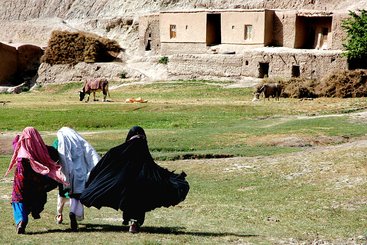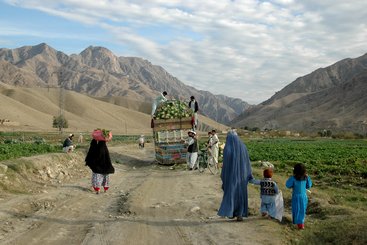This policy brief looks at why aid practitioners missed an important opportunity to understand and engage with informal credit systems in Afghanistan. It is part of a series by Supporting Pastoralism and Agriculture in Recurrent and Protracted Crises (SPARC) on the importance of taking context seriously in aid programming.
Informal credit is one of the most important economic institutions for most of Afghanistan’s population. Yet between 2001 and 2021, aid practitioners largely failed to take informal credit seriously, meaning that interventions were uninformed about how the rural economy actually worked, and did not engage with one of the most important institutions in the survival of the rural poor. Opportunities were also lost to monitor changes in people’s degree of need.
This brief looks at the importance of informal credit systems in Afghanistan and how engaging with this context might have changed the focus or scope of aid interventions. It is part of a series on the importance of taking context seriously in aid programming, as part of the programme Supporting Pastoralism and Agriculture in Recurrent and Protracted Crises (SPARC).







